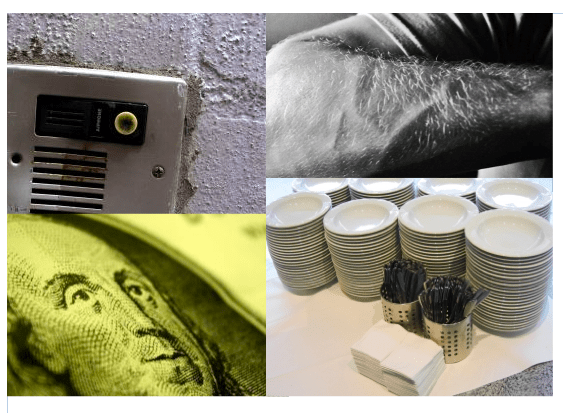Hard, hard, harder, harder and hardly!
HARD as an adjective. ‘Hard’ is an adjective that can mean ‘tough/difficult’. For example, ‘It’s a hard question to answer’ means I find the question difficult to answer.
Also, ‘hard’ as an adjective can mean ‘not soft’: ‘I can’t eat this apple: it’s too hard’. This means the apple is not soft enough.
‘Harder’ is a different kind of adjective. It is a comparative. It compares two things. In this sentence, ‘The exam was harder than I expected.’ The comparison is across two exams: the ‘imaginary one’ and the ‘real one’. Unfortunately, the one in my mind was easier than the real one!
HARD as an adverb: ‘Hard’ can be an adverb too. For example, ‘I had to run hard to catch the bus’. In this sentence, ‘hard’ describes how I ran. The sentence means I had to run a lot to catch the bus.
‘Harder’ is a different kind of adverb. It is an adverb of comparison. It means – in the example coming up – I did something ‘more than before’. For example, ‘I ran harder yesterday to catch the bus than I did today because I was tired.’ The comparison is of how I ran across two times: yesterday and today. Of course, ‘harder’ can be used to talk about more effort in the future too. For example, ‘I’ll study harder for the English exam’ (compared to the studying I did for a different exam).
HARDLY as an adverb: ‘Hardly’ is an adverb. It means ‘almost not at all’. For example, ‘He hardly ate anything’ means he ate very little food.
PRACTICE
A. Is the underlined word an adjective (1), a comparative (2), an adverb (3) or an adverb of comparison (4)?
i. I can hardly see out the window – it’s so dirty.
ii. If you don’t like maths it can be hard to understand physics.
iii. It’s not too hard to lose weight if you have a good diet and exercise!
iv. He won the gold medal at the Olympics because he trained harder than the others.
v. Is English harder than maths?
vi. Cindy pressed the accelerator harder and the big Mercedes pushed forward.
Click on the link for more practice with adverbs of comparison: http://www.bbc.co.uk/skillswise/worksheet/en26adve-l1-w-using-adverbs-to-compare





